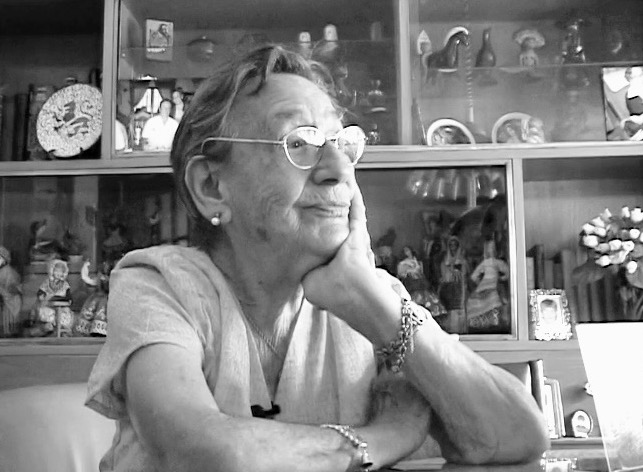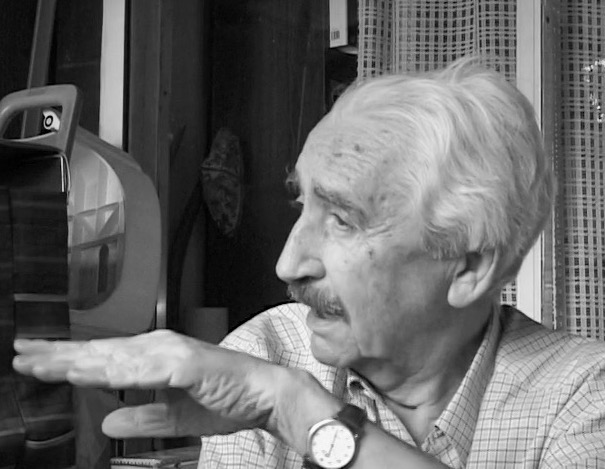Memory and History: Transforming the Narrative of the Spanish Civil War and Francoist Dictatorship is an international digital humanities project that pairs 250 hours of transcribed, translated, and indexed oral history interviews with interactive scholarship.
Using critical archival and digital storytelling methods, it explores how individuals negotiate subjectivities in the context of repressive regimes and construct meaning through personal memories that engage the changing social memories of their times.
Designed for multiple audiences, the project constructs a witness-centered narrative that contributes to scholarly understandings of the long legacies of repression in Spain and invites students and members of the Spanish and English-speaking publics to follow non-linear pathways that explore the multiple political cultures and communities of experience represented in the collection.
The project, which uses interviews from UC San Diego's Archive of the Spanish Civil War and the Francoist Dictatorship, has received support from the National Endowment of the Humanities, the Luxembourg Centre for Contemporary and Digital History, and Arkansas State University.


